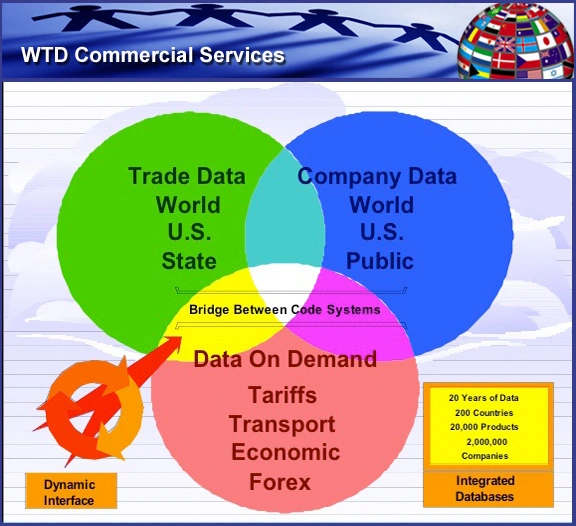Tax: the average tax burden on earnings in OECD countries continues to rise. The average tax and social security burden on employment incomes increased in 26 out of 34 OECD countries in 2011 according to the new OECD Taxing Wages publication. Tax payers in Ireland, Luxembourg, Portugal and the Slovak Republic were among those hit with the largest increases. Those in New Zealand and the United States saw their tax burden fall. In Hungary, the average single worker without children was faced with the largest increase in the tax wedge, but for families with children, it fell.
Health: the high cost of diabetes. Across OECD countries some 83 million people suffer from diabetes. On current trends, that will rise to almost 100 million by 2030. Like other chronic diseases, diabetes reduces employment opportunities and earnings. In addition, diabetics are prone to depression, making it difficult to follow treatment guidelines. In the coming 10 years, more than two out of three people will be overweight or obese in some OECD countries. This has an impact on both their salaries and their health – across OECD countries, obese people earn up to 18% less than non-obese people. And they are 8 times more likely to develop type 2 diabetes. This jumps to 60 times more likely for the severely obese.
Credit crunch squeezing entrepreneurs and small businesses more than big firms. The credit crunch has been tougher for small and medium-sized businesses than for large companies. SMEs are crucial engines of economic growth, jobs and social cohesion, according to the OECD. In many countries they represent around 99% of all firms. Access to finance remains one of the biggest challenges in the creation, survival and growth of small firms. Analyzing data from 18 countries, the OECD report finds that business loans to SMEs fell sharply during the recession and although they picked up somewhat in 2010, they generally failed to reach their 2007 levels. Venture and growth capital also suffered a big drop during the period studied.
Further reforms needed to sustain Korean growth and social cohesion. Korea recovered faster and more vigorously from the global crisis than most OECD countries, but strong economic growth alone will not be enough to address the fundamental challenges posed by its rapidly ageing population and rising inequality, according to the OECD’s latest Economic Survey of Korea. “Korea is one of the most dynamic economies in the world, with low levels of unemployment and solid public finances that place it near the top of the class in the OECD,” Mr Gurría said. “The fundamental challenge today is designing policies to cope with its ageing population, which will be the second-oldest in the OECD by 2050, while bringing down income inequality and relative poverty, which have been rising for the past 15 years. Economic growth by itself will not be enough to achieve social cohesion.”


 29/04/2012
29/04/2012 

























































































































































































































































































































































Thanks for the information, i appreciate your words!
Thanks for the great information, i appreciate your words.